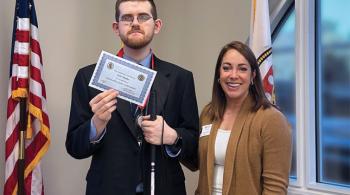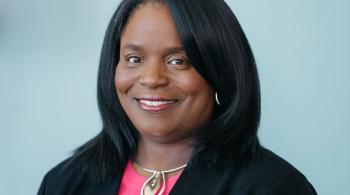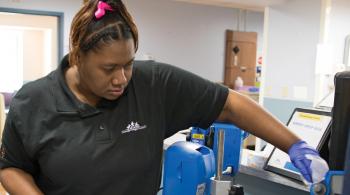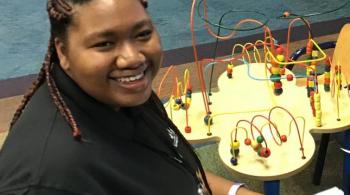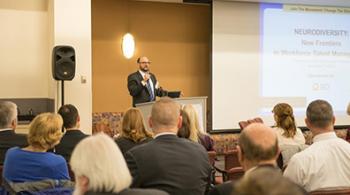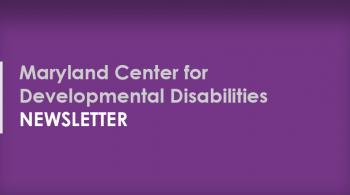By Laura Thornton
As protests against police brutality unfolded across the country this year, and many individuals, businesses and organizations took a long, hard look at just how pervasive institutionalized racism is in the U.S., Kennedy Krieger Institute redoubled its anti-racism efforts.
Institute researchers have been studying the effects of racism on children and the developing brain for years, and clinicians know all too well that children growing up in underserved communities of color suffer from the repeated trauma of lowered expectations, lack of access to healthy foods and healthcare, underinvestment from outside the community, and racially-targeted violence, among other adverse experiences. Kennedy Krieger provides trauma-informed care to children suffering from this institutionalized racism, and has been working for many years to ensure equity in the care it provides to all of its patients and students, and their families.
Racism is a system of structuring opportunity and assigning value based on the social interpretation of how one looks (which is what we call ‘race’), that unfairly disadvantages some individuals and communities, unfairly advantages other individuals and communities, and saps the strength of the whole society through the waste of human resources.”
– American Public Health Association Past-President Dr. Camara Phyllis Jones
“At Kennedy Krieger, we value equity, inclusion and diversity,” says Dr. Jacqueline Stone, the Institute’s chief clinical officer. “We are on an unstoppable journey to ensure we serve as an absolutely anti-racist organization.”
Taking Action
“To provide medical care to someone, you have to understand their identity and where they’re coming from, and how that affects their quality of life,” explains Bayadir Mohamed-Osman, an employment training specialist for Project SEARCH at Kennedy Krieger Institute. “To provide resources, like we do at Kennedy Krieger, you need to see the color of their skin and their identity, and understand their history.”
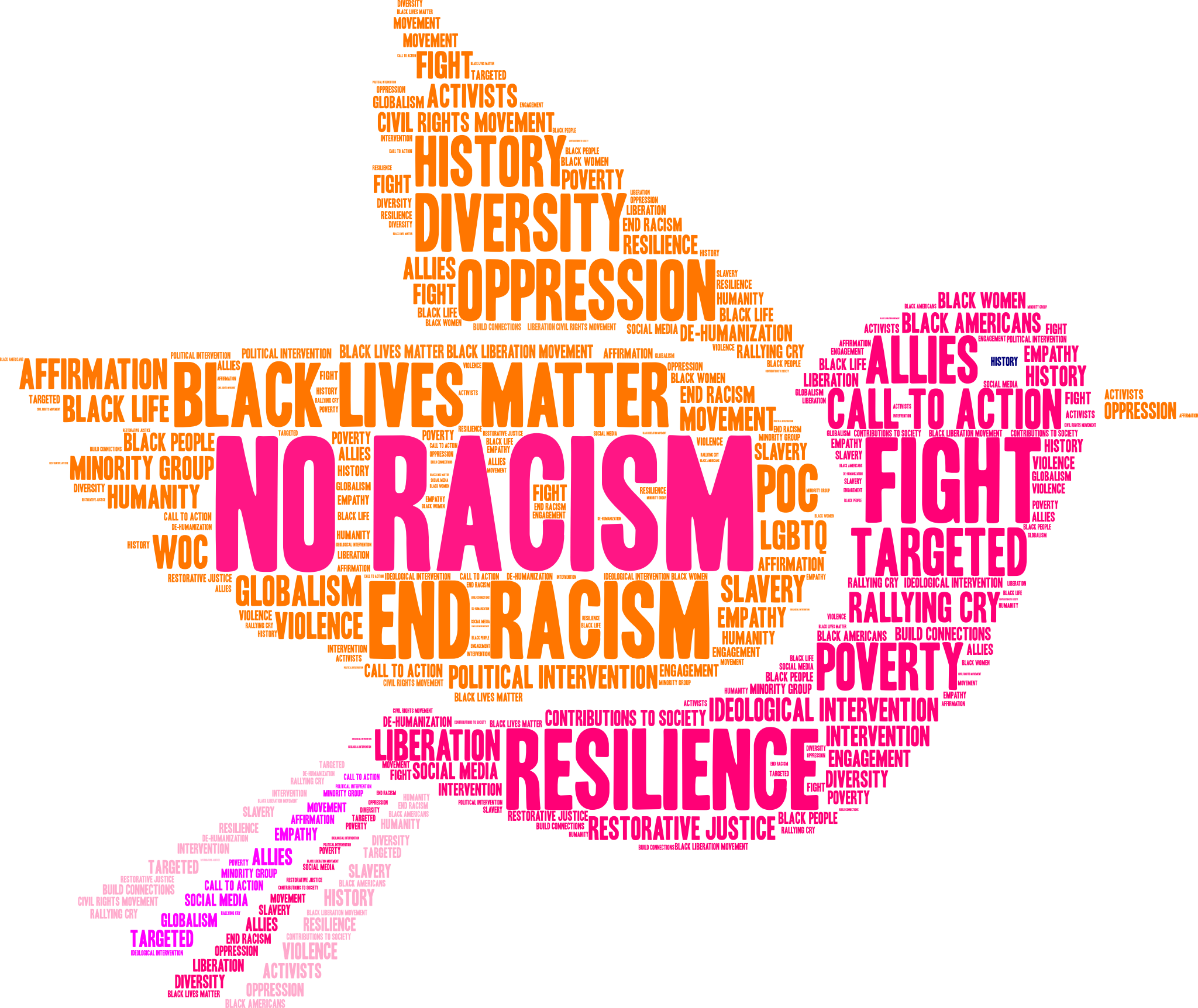
Kennedy Krieger’s mission of helping patients and students live to their fullest potential requires Institute employees to acknowledge the skin color of each patient and student they serve, and how that skin color affects that person’s life. “We need to be compassionate, and to hold our peers accountable when they say something that’s biased or discriminatory,” adds Mohamed-Osman, who is also an activist and a poet. “How are we going to treat and help our patients heal and reach their full potential if we don’t recognize their race and identity, and how that affects their life?”
With employees coming from different backgrounds—many having experienced being the target of racist language and actions—the Institute has adopted a multi-faceted, Institute-wide approach to helping employees practice anti-racism.
At Kennedy Krieger, we value equity, inclusion and diversity.”
– Dr. Jacqueline Stone
Kennedy Krieger recently hosted virtual town halls for employees to talk about racism and how it affects their lives and the lives of the Institute’s patients and students. Employees are encouraged to attend training sessions in anti-bias and cultural sensitivity. And employee resource groups are active across the Institute, within departments and teams, to facilitate discussions about how racism directly affects patients and students, and their families. Group members also discuss how they can work together to recognize racism and help patients and students get the care they need, with each patient’s and student’s unique identity in mind.
“Anti-racism isn’t just about awareness-raising, but looking at the systemic and structural issues that need to change,” says Dr. Elizabeth Thompson, vice president of the Institute’s Department of Family and Community Interventions, which has required cultural competency training for staff members for more than 25 years. “Awareness doesn’t necessarily lead to change.”


